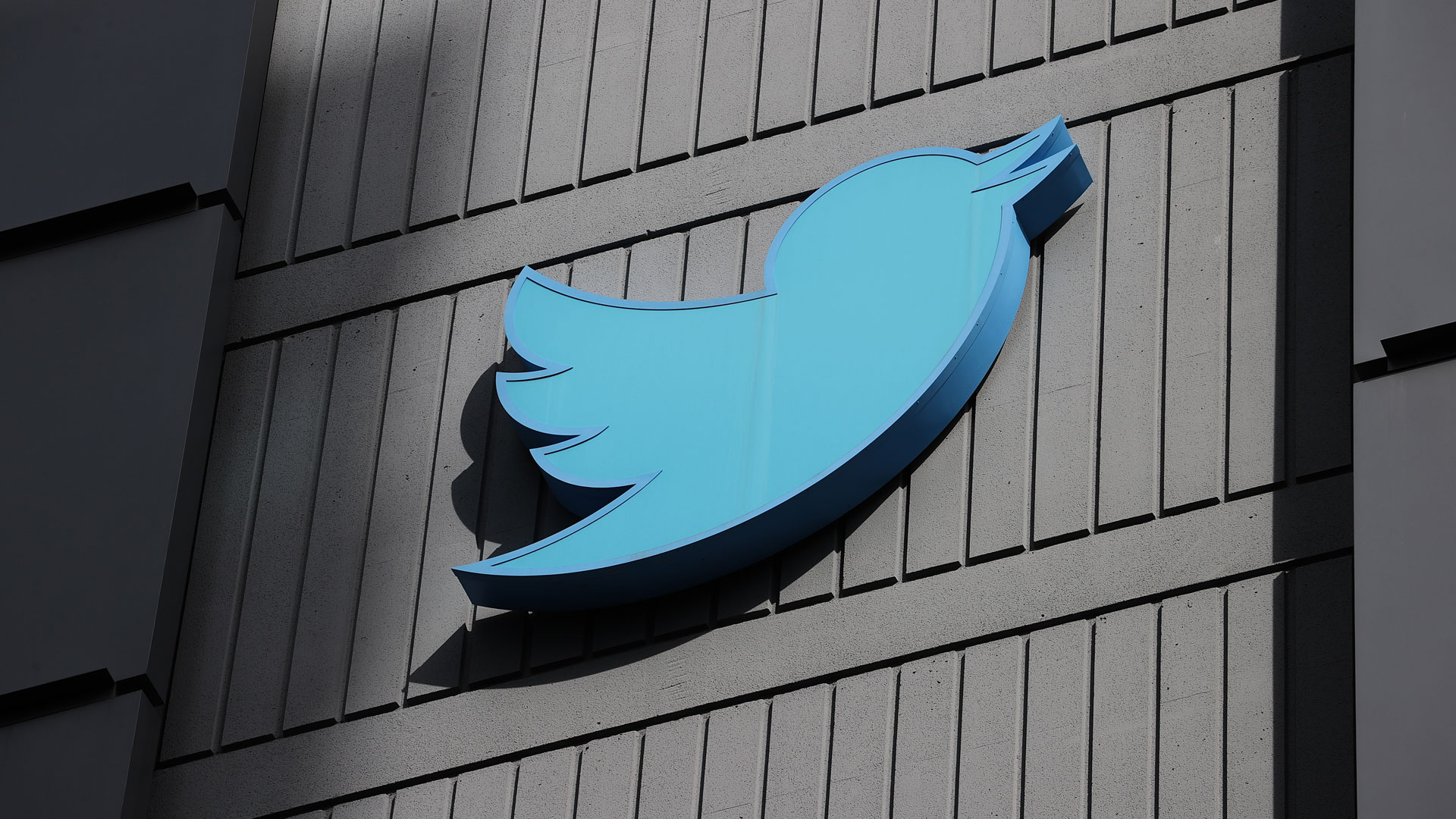After his absence from the Arab summit, which concluded its work in Algeria on Wednesday, the king of Morocco invited the Algerian president to visit the Kingdom for a “dialogue” in light of the continuing break in diplomatic relations between the two countries since August 2021.
Observers who spoke to Al-Hurra said the invitation was a “feel of the pulse” and Algeria was unlikely to respond.
Moroccan Foreign Minister Nasser Bourita told AFP that King Mohammed VI had ordered an “open invitation to President Abdelmadjid Tebboune, as it was not possible to hold this dialogue in Algeria”.
Mohamed VI had already repeatedly invited the Algerian president to start a dialogue to normalize relations between the two countries.
Prepare for reconciliation
In an interview with Al-Hurra, Algerian analyst Hakim Bougrara believes Morocco is trying to “test the pulse” of Algeria following the statement by Algerian Foreign Minister Ramtane Lamamra on “missed opportunity” in the absence of Mohammed VI from the top.
Lamamra had asked Monday, in an interview with Al-Arabiya TV, if the absence of King Mohammed VI from the summit that ended on Wednesday was a “missed opportunity”.
In his interview with Al-Hurra, Bougrara said the Moroccan invitation is feeling the pulse of Algeria and its readiness for reconciliation, noting that “Rabat is playing on the chord of relations with Saudi Arabia, which will host the next summit and will try to prepare soon for reconciliation with Algeria “.
The Algerian analyst says that it is no coincidence that the Moroccan foreign minister visited Riyadh before the summit, which indicates the possibility of “indirect mediation”.
Relations have been tense for decades due to Algeria’s support for the Polisario Front, which is calling for a referendum in Western Sahara, while Morocco considers it an integral part of its territory and proposes to grant it autonomy under its sovereignty.
Tension escalated when Algeria announced last August that it would terminate diplomatic relations with Rabat, accusing it of “having committed hostile acts (…) since Algeria’s independence” in 1962, which Morocco has denied.
Bourita explained that King Mohammed VI in recent days expressed his intention to visit Algeria, to which he was invited to participate in the Arab summit, but the Moroccan delegation “has not received any confirmation from the Algerian side through the channels to disposition “, after having asked for clarification on how to welcome the Moroccan monarch.
Bourita, who led the Moroccan delegation that attended the summit, expressed his regret that “no replies were received through the appropriate channels”.
Moroccan analyst Sherifa Lemerre told Al-Hurra that “the Arab summit has not witnessed a change in the Algerian position towards Morocco”.
As for the timing of Mohammed VI’s invitation to Tebboune, Le Maire considers it “very ideal” to refute in advance any “accusations that Algeria may make about the king’s absence”.
Le Maire excludes the acceptance of the invitation of the king of Morocco, who told Al-Hurra that it is not surprising that the Algerians did not respond to the invitation of Muhammad VI.
The preparatory meetings of the 31st summit witnessed Moroccan-Algerian disputes, starting with the protest of the Moroccan delegation against the publication by an Algerian channel of the map of the Kingdom without the Western Sahara region, in violation of the map used by the League of Arab states to adopt, before the media retraced their steps.
On Monday, a Moroccan media delegation complained that it was forced to leave Algeria and was not allowed to attend the summit, which Algeria denied, describing it as “mere accusations and false lies”.
Algeria defined this summit with the slogan “reunification”, but several countries, particularly the Gulf countries, were not represented by the leaders of their countries, most notably Saudi Arabia and the United Arab Emirates, in addition to Morocco.


